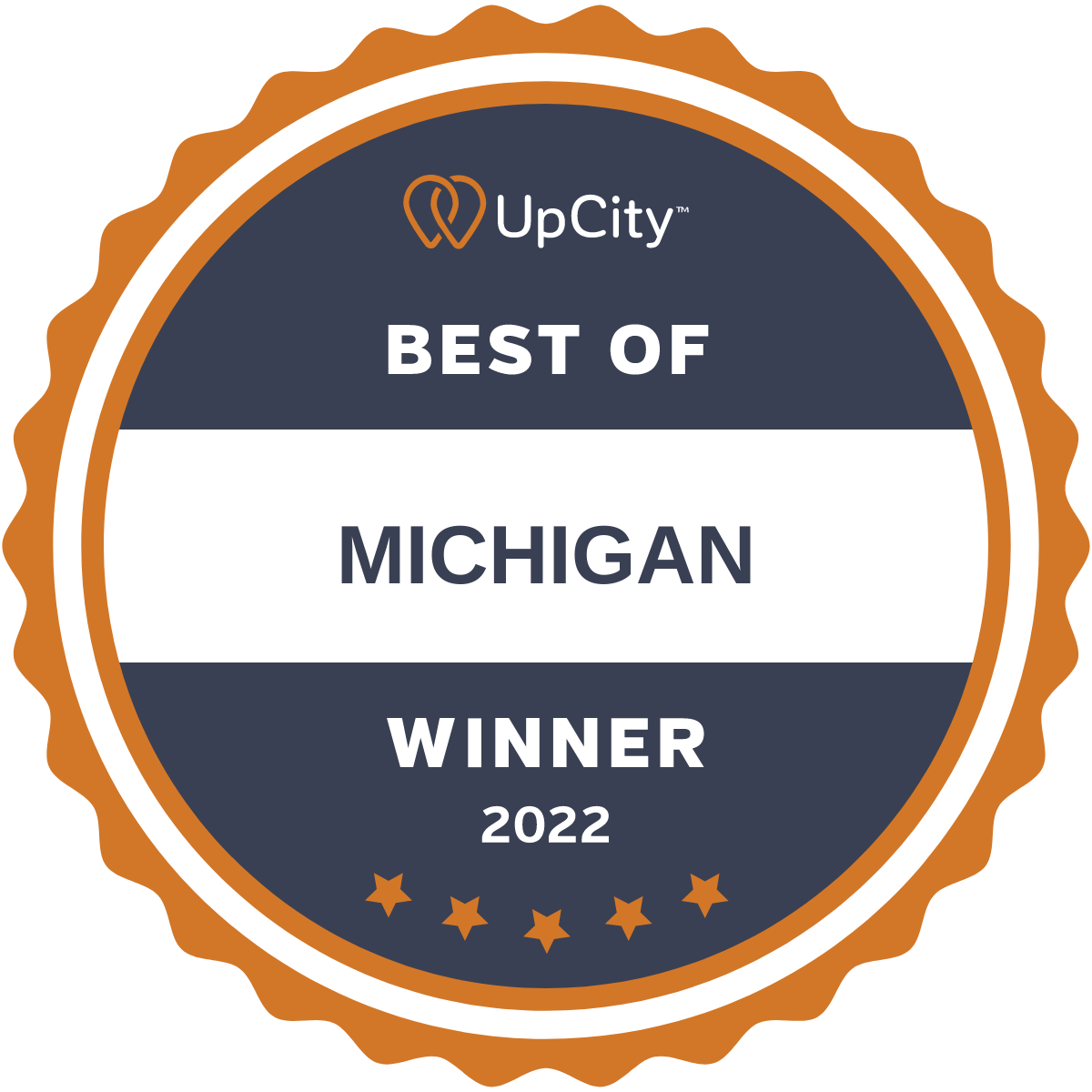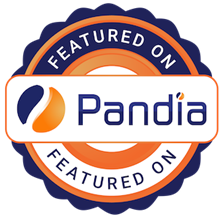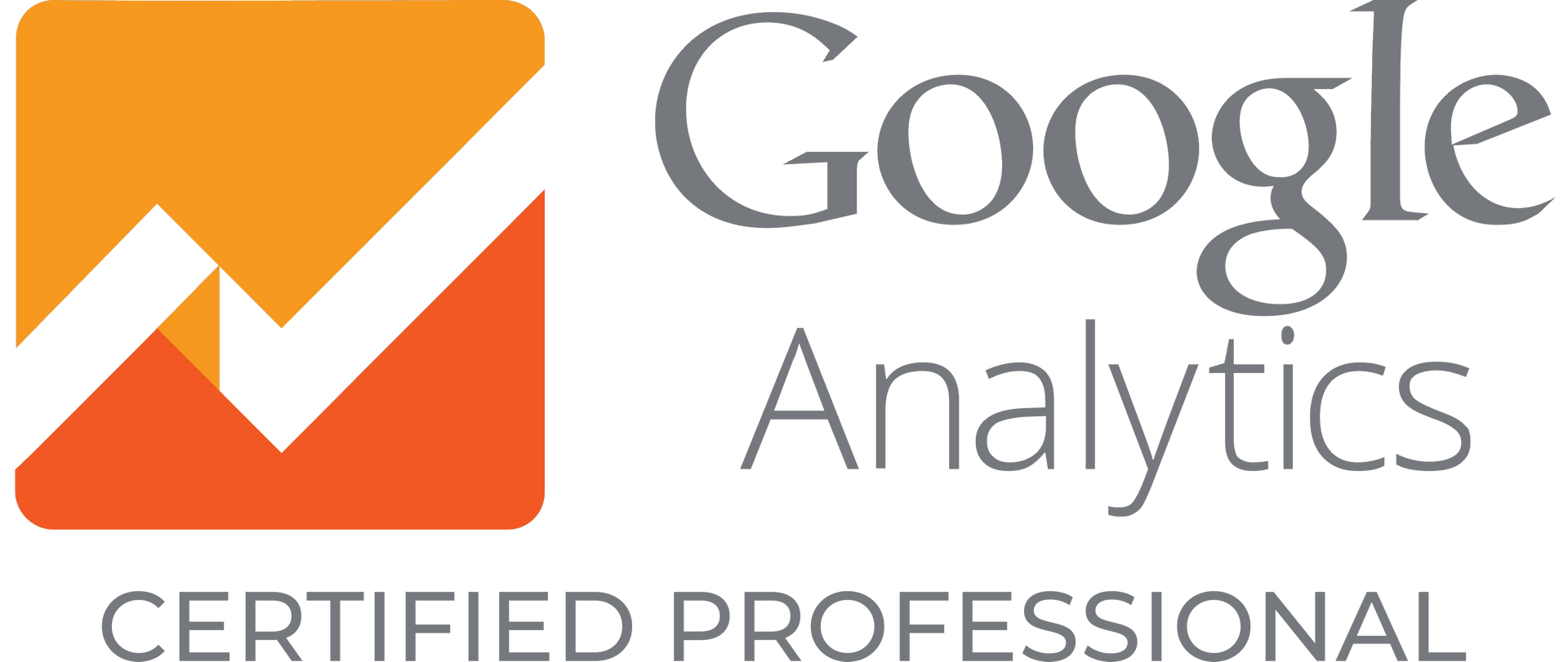What Are SEO Ranking Factors?
SEO ranking factors are the criteria search engines use to evaluate and rank websites in search results. Key factors include keyword optimization, content quality, backlinks, site speed, mobile friendliness, and user experience.
These elements are crucial in digital marketing because they influence a website's visibility and accessibility. Higher rankings lead to more organic traffic, which is essential for attracting potential customers and generating leads. Understanding and optimizing for these factors ensures a website stands out in competitive markets, driving success in digital marketing efforts.
📲 Do you need an expert resource to fix your website's SEO ranking factors? Schedule a Call with Speck Designs. 📞
Page Speed
Page speed is a critical SEO ranking factor because it directly impacts the user experience. When a website loads quickly, visitors are likelier to stay and interact with the content. On the other hand, slow loading pages can frustrate users, leading them to leave the site and look elsewhere.
Google prioritizes fast-loading websites to deliver the best possible experience to their users. If your website takes too long to load, it can negatively affect your rankings, making it harder for potential customers to find you. Optimizing images, leveraging browser caching, and using content delivery networks (CDNs) are some ways to improve page speed and, in turn, your SEO performance.
Backlinks
A cornerstone of website SEO services is the acquisition of backlinks. These inbound links from other websites point to yours, indicating to search engines that your content is valuable and reliable. The quantity and quality of these backlinks directly influence your site's authority. High-quality backlinks from reputable sources carry more weight than those from low-quality or spammy sites.
Building a strong backlink profile can be achieved through guest posting, content marketing, and outreach strategies. This can significantly elevate your site's search engine rankings. It's crucial to focus on earning backlinks organically, as search engines can penalize sites that employ manipulative tactics to acquire them.
Content Quality
Content quality is at the heart of SEO. Search engines are designed to provide users with the most relevant and valuable information, so they prioritize websites with high-quality content.
This means your content should be well-researched, informative, and engaging.
It should address the needs and interests of your target audience, offering them solutions to their problems or answers to their questions. High-quality content is more likely to be shared, linked to, and cited by other websites, which can improve your SEO rankings. Additionally, regularly updating your content ensures it remains relevant and continues to attract traffic over time.
Keywords
Keywords are fundamental to SEO because they help search engines understand the content of your website. When users type queries into search engines, the algorithms match those queries with the most relevant pages based on the keywords used.
Proper keyword research lets you identify the terms and phrases your target audience is searching for.
By strategically incorporating these keywords into your content, meta descriptions, and headers, you can improve your chances of ranking higher in search results. However, keyword stuffing—overloading content with keywords—can harm your rankings. Using keywords naturally and in context is essential to enhance the user experience and SEO performance.
Search Intent
Understanding search intent is crucial for effective SEO. Search intent refers to the reason behind a user's query—what they want to accomplish with their search. There are different types of search intent, including informational, navigational, transactional, and commercial.
Matching your content to the search intent of your target audience can significantly improve your rankings. For instance, your content should provide clear, detailed answers if someone is looking for information. If they are ready to purchase, your page should facilitate that process. Aligning your content with user intent helps ensure that your website is seen as relevant and valuable, boosting your SEO performance.
Content-Length
Content length is an important SEO ranking factor because longer content tends to be more comprehensive and in-depth, covering a topic thoroughly. This type of content often performs better in search rankings because it provides more value to users. Longer articles or blog posts are more likely to include multiple keywords and address various aspects of a topic, making them more helpful to readers. However, it's not just about writing long content; the quality of the content is equally important. Long-form, well-structured, informative, and easy-to-read content can significantly enhance your SEO efforts.
Google Business Profile
Google Business Profile (formerly Google My Business) is critical for local SEO. It allows businesses to manage their online presence across Google, including Search and Maps. A well-optimized Google Business Profile can significantly improve your local search rankings, making it easier for potential customers to find you.
This profile should include accurate and up-to-date information such as your business name, address, phone number, and operating hours. Additionally, encouraging customers to leave reviews on your profile can enhance your credibility and improve your rankings. Optimizing your Google Business Profile is essential for local businesses in driving traffic and attracting customers.
Domain Authority
Domain Authority (DA) is a ranking factor that reflects your website's overall strength and credibility. Developed by Moz, DA is a score that ranges from 1 to 100, with higher scores indicating a more remarkable ability to rank well in search engine results. While DA itself is not a direct ranking factor used by Google, it is a good indicator of how well your site will likely perform in search. Factors that influence DA include the number and quality of backlinks, the domain's age, and the content's quality. Improving your DA can enhance your site's visibility and make it more competitive in search engine rankings. Focusing on building a solid backlink profile, creating high-quality content, and maintaining a well-structured website are vital strategies for boosting your Domain Authority.
Image Optimization
Image optimization is an essential SEO ranking factor because it enhances the speed and usability of your website. You may want to get a website designer if you don't have much experience in fixing the images on your website.
Properly optimized images load quickly, improving page speed, which is crucial for user experience and search rankings. Additionally, using relevant alt text helps search engines understand the content of your images, making it easier for them to index your pages accurately. Optimized images also improve accessibility, ensuring all users can engage with your content.
Meta Description
Meta descriptions play a significant role in SEO by influencing click-through rates (CTR) from search engine results pages (SERPs). While they do not directly impact rankings, well-crafted meta descriptions can attract more clicks, signaling to search engines that your content is relevant to users' queries. A compelling, concise meta description with target keywords can encourage users to visit your site, boosting overall SEO performance.
User Experience
User experience (UX) is a crucial SEO ranking factor because it directly affects how visitors interact with your website. A positive UX, characterized by easy navigation, fast load times, and mobile-friendliness, keeps users engaged and reduces bounce rates. Search engines prioritize websites offering a seamless experience, indicating valuable content. Enhancing UX improves rankings and increases the likelihood of users returning to your site.
Content Freshness
Content freshness is essential for SEO because search engines prioritize up-to-date information. Regularly updating your content signals to search engines that your site is active and relevant. Fresh content can help you maintain or improve rankings, especially in competitive niches. Additionally, updated content attracts more traffic and engagement, boosting its visibility in search results.
Content Structure
Content structure is a vital SEO ranking factor, influencing how easily search engines and users can understand your content. Well-organized content with clear headings, subheadings, and bullet points improves readability and accessibility. This not only helps search engines index your pages more effectively but also enhances the user experience, leading to better rankings. A logical content structure makes it easier for users to find the information they need, increasing the likelihood of them staying on your site longer.










